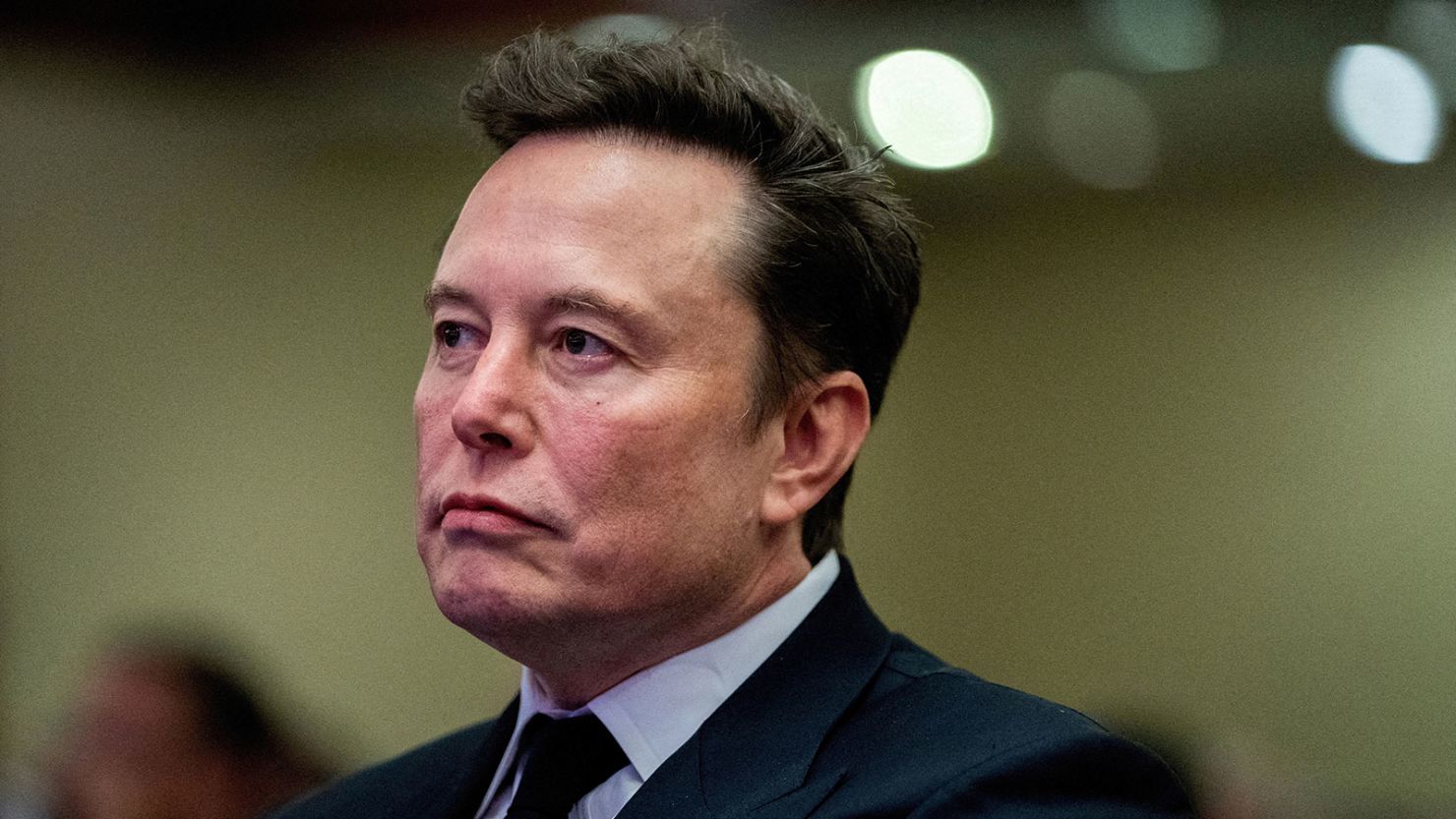Elon Musk has done it again. The billionaire tech mogul has shattered records, becoming the first person in history to amass a staggering net worth of $400 billion. This achievement solidifies Musk's position as a dominant force in the tech and automotive industries, with his ventures Tesla and SpaceX driving this unprecedented financial milestone.
How Elon Musk Reached $400 Billion: A Look Behind the Numbers
Musk's meteoric rise in wealth stems largely from the skyrocketing value of Tesla's stock. As the CEO and largest shareholder, Musk has directly benefited from the electric vehicle (EV) manufacturer's impressive growth. Tesla's innovative approach to sustainable transportation, coupled with its leadership in the EV market, has propelled the company's valuation to astronomical levels.
In 2024 alone, Tesla’s market cap surged past $1.2 trillion, cementing its place as one of the world's most valuable companies. Musk’s compensation structure, which ties his earnings to Tesla’s stock performance, further accelerated his journey to this historic net worth.
But Tesla isn’t Musk's only goldmine. SpaceX, his pioneering aerospace company, continues to break barriers in space exploration and satellite technology. With its Starlink satellite internet service reaching millions globally and contracts with NASA and private entities piling up, SpaceX has become a critical player in the space economy. These successes have added billions to Musk's fortune.
The Man Behind the Milestone
Elon Musk financial success is rooted in his entrepreneurial journey, which began long before Tesla and SpaceX. After selling his first software company, Zip2, for $307 million, Musk co-founded X.com, which later became PayPal. The sale of PayPal to eBay in 2002 provided Musk with the capital to fund his ambitious ventures.
From there, he launched Tesla in 2004, betting big on electric cars when many doubted their viability. SpaceX followed in 2002, aiming to make space travel more affordable and accessible. Musk’s relentless vision and willingness to take risks transformed these companies into global giants.
Implications of Musk’s $400 Billion Milestone
While Musk’s financial achievement is undeniably impressive, it also sparks critical conversations about wealth distribution and societal equity. The concentration of such an immense fortune in one individual raises questions:
- Economic Inequality: Musk’s net worth surpasses the GDP of several countries, highlighting the growing gap between the ultra-wealthy and the average citizen.
- Taxation and Corporate Responsibility: Critics argue that billionaires should contribute more through taxes to fund public services and address societal needs. Musk has faced scrutiny in the past over the relatively low tax rates paid by the wealthiest individuals.
- Philanthropy and Social Impact: Some wonder whether Musk's wealth could be more aggressively used to tackle global issues like climate change, poverty, or education reform.
Musk himself has pushed back against critics, often stating that his companies directly contribute to solving some of the world's biggest problems, such as sustainable energy and space exploration.
The Broader Economic Trends
Musk’s rise to a $400 billion net worth is not just about his personal achievements. It reflects broader economic trends, particularly the dominance of the tech sector. Companies like Tesla and SpaceX thrive in an era where innovation and digital solutions are reshaping industries.
Stock market dynamics have also played a significant role. The tech sector has seen unprecedented growth over the past decade, with investors flocking to companies that promise future-forward solutions. Musk's ventures are at the forefront of this trend, making him a key figure in the modern economy.
Musk's Influence on Business and Technology
Elon Musk journey has inspired countless entrepreneurs. His ability to defy odds, take risks, and innovate across industries is a testament to the power of vision and determination. Tesla has revolutionized the automotive industry, proving that electric vehicles can be both practical and desirable.
SpaceX, meanwhile, is redefining humanity’s relationship with space. The company’s reusable rocket technology has significantly reduced the cost of space travel, making the prospect of colonizing Mars increasingly realistic.
Musk’s influence extends beyond his companies. He has become a cultural icon, known for his unfiltered commentary on social media and his willingness to challenge conventional norms. Whether it’s building futuristic tunnels through The Boring Company or experimenting with brain-computer interfaces via Neuralink, Musk consistently pushes the boundaries of what’s possible.
What's Next for Elon Musk?
With a net worth of $400 billion, what’s next for the world’s richest man? Musk shows no signs of slowing down. His plans for the future include:
- Expanding Tesla’s product line with new models and advancements in battery technology.
- Scaling Starlink’s satellite internet service to reach remote and underserved regions worldwide.
- Accelerating SpaceX’s mission to send humans to Mars within the next decade.
Additionally, Musk has hinted at ventures in artificial intelligence, robotics, and energy solutions, suggesting that his wealth will continue to grow as he diversifies his portfolio.
Conclusion: A Milestone That Defines an Era
Elon Musk’s $400 billion net worth is more than just a financial achievement; it’s a symbol of the transformative power of technology and entrepreneurship. While his success inspires admiration, it also provokes critical discussions about wealth distribution and social responsibility.
As Musk continues to innovate and shape the future, his journey serves as both a blueprint for aspiring entrepreneurs and a reminder of the complexities of modern capitalism. Whether you view him as a visionary, a disruptor, or a polarizing figure, there’s no denying that Elon Musk has left an indelible mark on history.




0 Comments